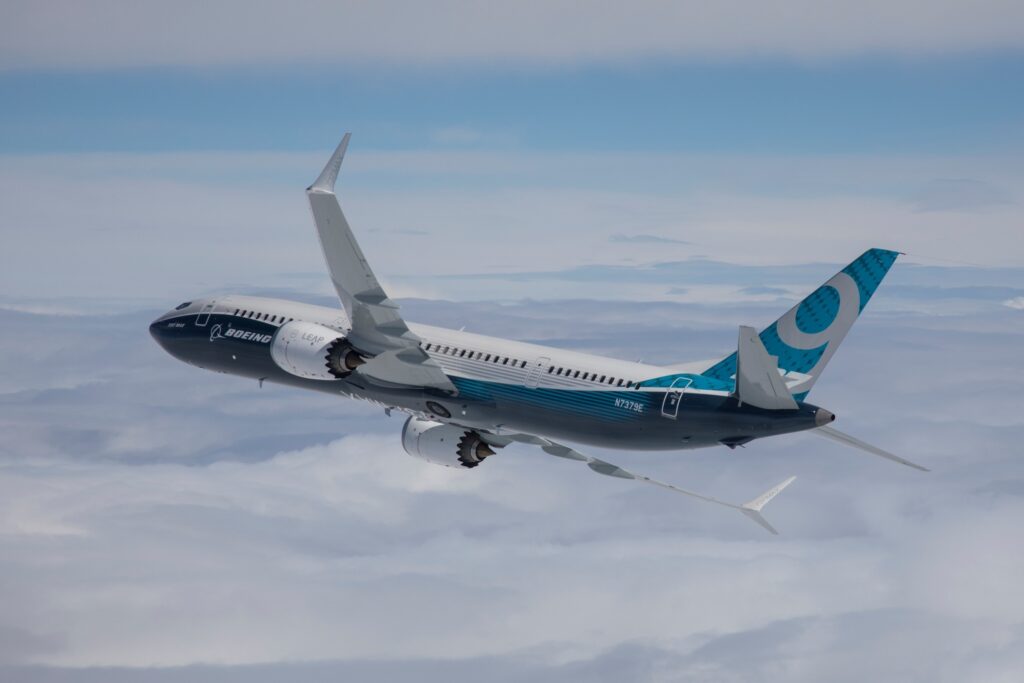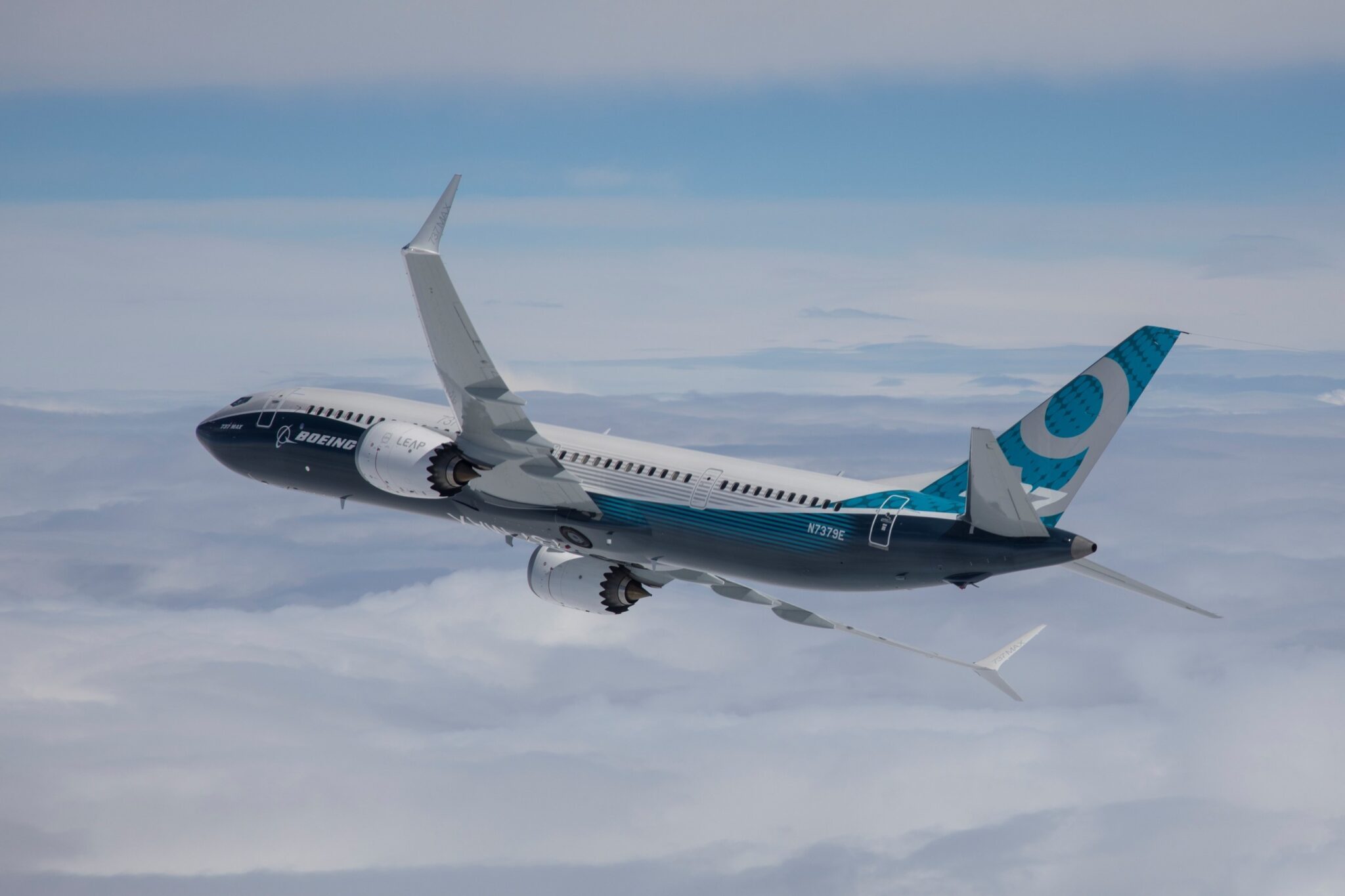
Skift Take
What a difference a few days makes. After delight on Sunday that a tentative deal was reached with union officials, Thursday’s overwhelming rejection by members sees Boeing flying into yet another storm.
Boeingâs already fragile airliner production chain is facing renewed jeopardy. Late on Thursday, workers overwhelmingly rejected a tentative deal agreed between union representatives and company management. More than 30,000 unionized staff in Washington and Oregon are now on strike.
Members of the International Association of Machinists and Aerospace Workers (IAM) turned down a package that included a 25% pay rise.
The affected sites produce some of Boeingâs most important planes including the 737 Max and the larger 777 widebody jet. Employees downed tools at midnight Pacific Time on Friday in the first strike of its kind in 16 years.
Pressure on Ortberg
The strike is a huge blow to Boeing and comes just weeks after Kelly Ortberg was appointed its new CEO. In the days leading to the vote, Ortberg toured local production facilities and met with workers on the factory floor.
As part of a last-minute rallying call to staff, the CEO said: âI ask you not to sacrifice the opportunity to secure our future together, because of the frustrations of the past.â
In a video message to staff on Sunday, Stephanie Pope, President of Boeing Commercial Airplanes highlighted the benefits of the package: “The contract offer provides the largest-ever general wage increase, lower medical cost share to make healthcare more affordable, greater company contributions toward your retirement, and improvements for a better work-life balance.”
Pope also committed to building Boeing’s next-generation plane – often dubbed the ‘797’ – in the Pacific Northwest. The planemaker has another major production site in South Carolina, however this facility is non-unionized.
In a statement, the IAM described the âunwavering solidarity of our membership.â The union said it will âregroup and begin planning the next steps on securing an agreement that our membership can approve.â
The IAM said 94% of its members voted to reject the contract, with 96% voting for strike action.
Another Headache for Boeing
The high-stakes labor dispute is the latest headache for the U.S. planemaker.
Boeingâs reputation was seriously damaged by two deadly crashes involving the 737 Max in 2018 and 2019. A further accident in January 2024 saw a door plug on an Alaska Airlines 737 Max 9 plane blow-out in midair. While there were no casualties, it led to the temporary grounding of the type and renewed scrutiny of Boeingâs production oversight.Â
In June, the National Transportation Safety Board sanctioned Boeing after the company shared ânon-public investigative informationâ with the media. The planemaker later acknowledged that some of its comments had âoverstepped the NTSBâs role.â
Ortberg and his team will likely have 2008 in their minds. This was the last time Boeing faced a major labor negotiation with the IAM.
Drawn out negotiations resulted in a 57-day strike that crippled output and cost Boeing around tens of millions of dollars a day. In 2014, the two sides agreed to extend the deal, which expired at midnight.
Skift has contacted Boeing for comment.
Airlines Sector Stock Index Performance Year-to-Date
What am I looking at? The performance of airline sector stocks within the ST200. The index includes companies publicly traded across global markets including network carriers, low-cost carriers, and other related companies.
The Skift Travel 200 (ST200) combines the financial performance of nearly 200 travel companies worth more than a trillion dollars into a single number. See more airlines sector financial performance.
Read the full methodology behind the Skift Travel 200.

